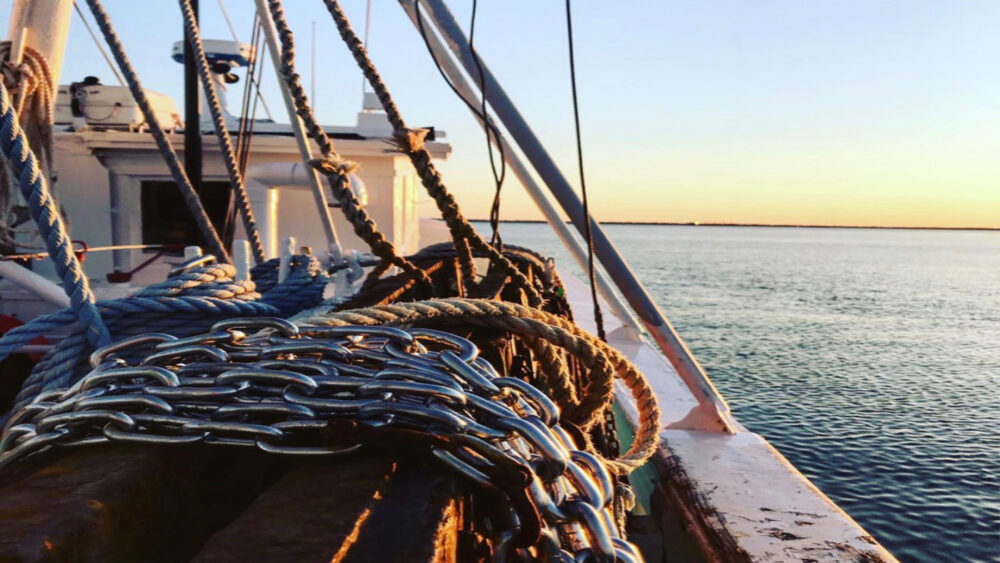Never waste a crisis.
I’ve been following the coronavirus closely since January. I was that crazy person calling their aunts and uncles on Valentine’s Day to send love and odes of warning, letting them know a shipment of nutraceuticals was on its way in case the health care system collapsed; you can imagine how I must have sounded a month ago. I slowly started switching my podcast docket from “This American Life” to the chronicles of suburban prepping and reading up on whether switching my dog’s diet to a yin-yang balancing recipe would reduce the anxiety I was projecting upon her.
So like any other prepper gone wild, my fridge transformed from that of a poor foodie to what could be Mike Lata’s “So, you want to cook?” starter kit. It’s overflowing with local produce, raw milk from the Albers’ farm, Wadmalaw beef, Palmetto Pastures’ eggs, stock I made from Tarvin Seafood shrimp heads earlier in the winter, sheepshead from Abundant Seafood and so much more. I’m not complaining.
But when I scrolled through the social media posts of our ride-or-die Good Catch partners it was painful to see businesses we love closing their doors and sending lifelong staff home. I felt that pain with them. Then suddenly there was a noticeable shift. These restaurants, chefs and fishermen got creative. They started curbside pick-ups with a side of toilet paper (thanks NICO). Independent chefs started taking orders for delivery (shout out to Marcus Middleton for a killer cilantro slaw). They offered free lunches to the community (that one goes to Abundant Seafood at their brand-new Park Circle location). Then, as if cued by our collective need for entertainment, the oyster farmers began a series of Instagram dance-off challenges and I was instantly reassured that we will get through this, #alonetogether.
But, as Jared from Barrier Island Oyster Co. likes to say, “it’s not all going to be rainbows and dolphins.” We are in a crisis and, as one of my senior directors affirmed last week, we should never waste a crisis.
So will this be a learning lesson? We’ve already felt the risks associated with leaning on other nations for critical supplies. Are we beginning to see just how important our local food community is to us and us to them? Will we learn to associate sustainability with food security? Have you seen pictures of how Mother Nature seems to be healing herself as we adapt to a new routine?
This is the first time in our lifetimes that the world is depending on us to spend more time with family and eat good local food. Let’s not screw it up, for the road is rough ahead. It is my hope we will come out of this experience with healthier communities and changed ways.
To embark on those changed ways, be sure to follow our Good Catch partners on social media. They will keep you updated on the safest way to feed your family. And maybe from now on the contents of our dinner plates will look a little more local, a little more sustainable.
Standing by,
Amy


